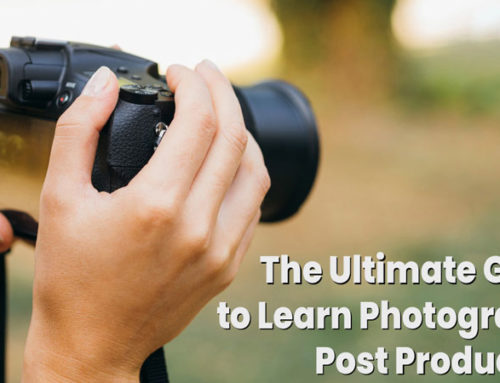If there’s one profession where technology has caused as much disruption as it has brought about innovation, it is photography. Thanks to the rapid pace and competitive prices at which inventions and innovations have come to the market and been made available to the common man, almost every amateur photographer with a digital camera is an expert lensman. You don’t have to own the most fancy gadgets or know how to use the most sophisticated equipment in order to be a good photographer – all you need is a decent camera, some knowhow about its workings and knowledge about lighting and angles, an eye for the aesthetic, and a creative bent of mind.

So what does this mean for photography as a profession? How bright are your prospects if every Tom, Dick and Harry with a camera aspires to do your job? According to the Bureau of Labor Statistics, the increase in photography jobs over a period of 8 years is just 12,000 – from 130,000 in 2002 to 152,000 in 2008. This is a very low percentage of increase and a very low number in the profession when compared to other careers and professions. Of these photographers, the majority is employed by photography studios and commercial photography businesses; the rest go into business on their own.

While both salaried positions and self employment options have their own advantages, you must decide which one suits your situation and circumstances best before deciding to take up photography as a profession.
Salaried positions are good if:
- You’re looking for a steady income
- You want to gain more experience before you do things on your own
- You don’t have to worry about finding new clients and new assignments
- You’re assured of a salary irrespective of the amount of work you do
Self employment is a good option if:
- You have a steady stream of clients who seek your services on a regular basis
- You don’t want to conform to the standards and demands of employers and prefer to work by your own creative levels and on your terms
- You’re not worried about a steady income
- You’re capable of earning much more than a fixed amount every month

In general, salaried positions are good starting bases and serve as the perfect foundation to launch your career in photography – they prepare you for the work ahead and teach you how to deal with all kinds of situations when you go into business on your own and seek your fortune as a freelance photographer. So do try to find internship positions and salaried jobs that help you hone your skills and gain more experience – they’re the best way to learn on the job and gain the knowhow you need to survive and make it on your own.








[…] Photography – Salaried Position or Self Employment? […]
[…] Photography – Salaried Position or Self Employment? […]
[…] Photography – Salaried Position or Self Employment? […]